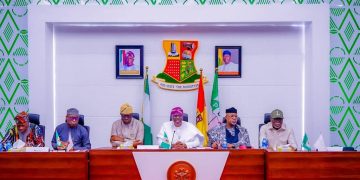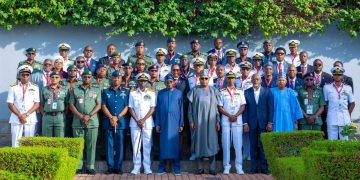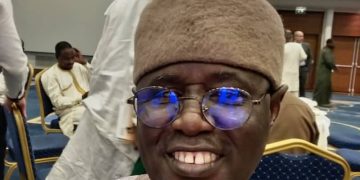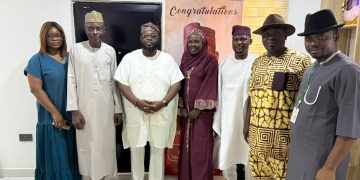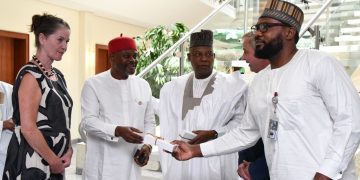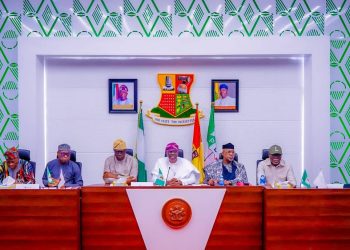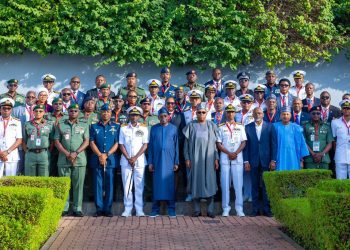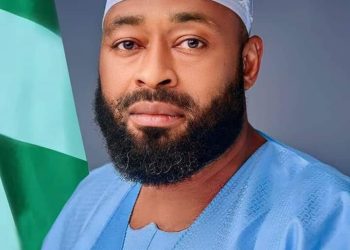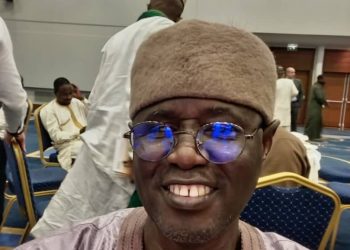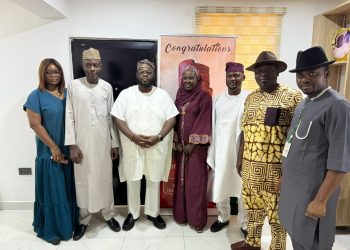By Dare Balogun, 5th February, 2025

News SOCIETY WATCH following for you ; The signing of the North Central Development Commission into law has finally put to rest the outcry over the region’s exclusion from “the league of development commissions.” However, a recurring paradox in Nigeria’s governance structure is that once a problem-solving initiative is introduced for a particular region, others quickly demand its replication. When the central government delays in doing so, various ethnic, religious, and socio-cultural groups raise the alarm of marginalization.
The first regional development commission established in Nigeria since the return to democracy in 1999 was the Niger Delta Development Commission (NDDC). Sadly, after over 23 years and the creation of multiple federal intervention agencies, the Niger Delta region has seen little to no development that justifies the enormous funds allocated to the commission.
In fact, the NDDC holds the record for the highest number of abandoned projects in Nigeria. Some contractors, who diligently completed their projects over 12 years ago, are still awaiting payment. Nigerians will never forget the infamous “Honourable, off your mic!” incident in the Senate, which exposed the deep-seated corruption in the NDDC—where contracts were allegedly shared among legislators rather than executed for the benefit of the people.
Similarly, the North East Development Commission (NEDC), established in 2017, raises the question: What tangible progress has the commission brought to the people of the North East? Have they witnessed meaningful development, or will this commission follow the same corrupt trajectory as the NDDC?
I am not opposed to the creation of regional development commissions. However, my concern is that regions granted these commissions must not assume that their establishment automatically guarantees progress. Approval is just the first step—constant vigilance is required to ensure that the commissions fulfill their mandate.
This is a wake-up call for religious groups, socio-cultural organizations, ethnic associations, and civil society bodies in these regions. They must actively monitor and hold these commissions accountable to prevent a repeat of the Niger Delta’s unfortunate experience, where political elites hijacked the NDDC for personal gain.
One glaring example of this corruption is a former Executive Director of Projects in the NDDC from Delta State, who diverted ₦2.8 billion meant for regional projects to acquire properties in the Lekki area of Lagos. Instead of developing his home region, he channeled public funds to enrich an already thriving urban area.
These are the pitfalls that newly established development commissions must avoid if they are to fulfill their purpose. The idea behind their creation is noble, but without transparency, accountability, and public oversight, they risk becoming just another conduit for corruption.
Nigeria is not lacking in developmental institutions or well-crafted policies. What we lack are leaders with integrity to implement these ideas and citizens with the willpower to demand accountability. If we fail to hold these commissions to their purpose, they will only serve as cash cows for the political elite—while the intended beneficiaries remain in perpetual underdevelopment.
God Bless Nigeria



